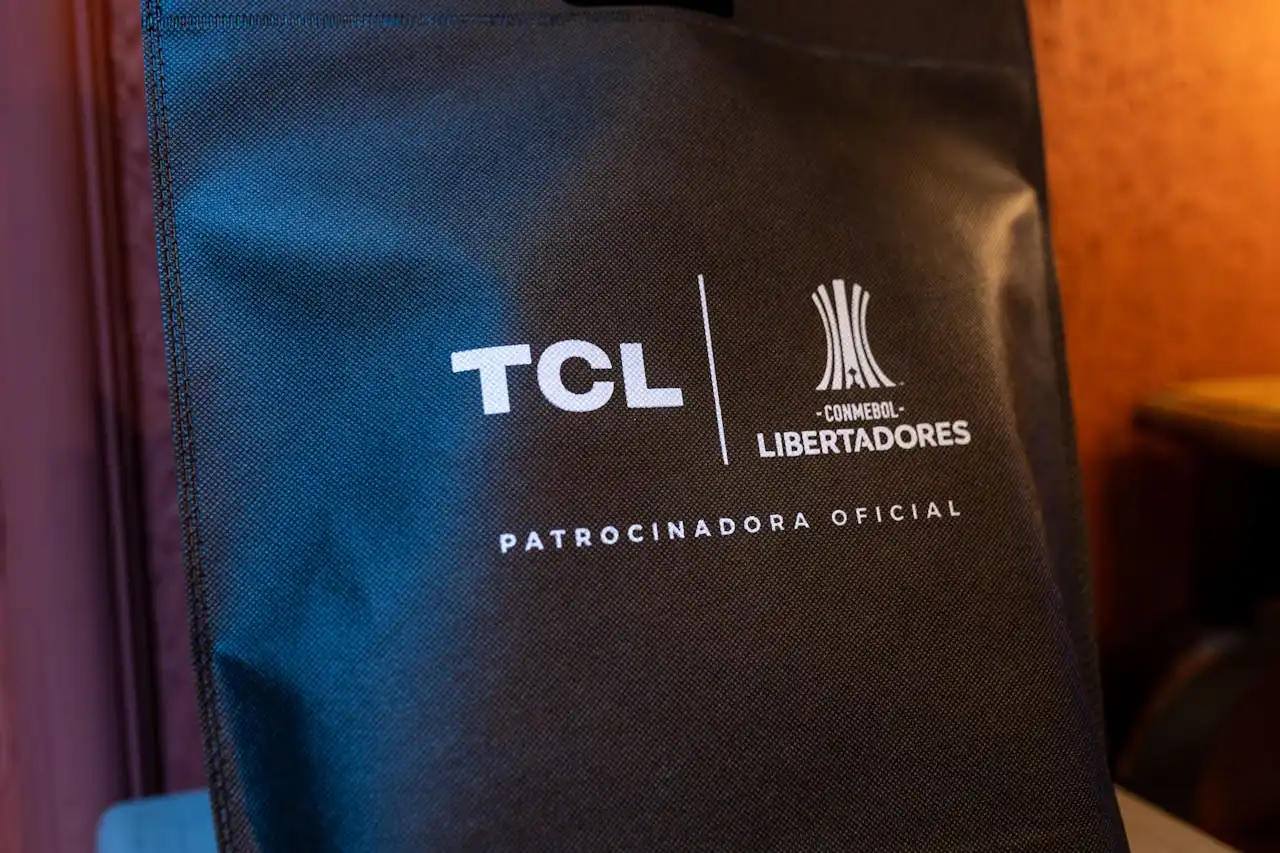Boca Juniors: The Unyielding Quest for Libertadores Immortality
Muhe - Thursday, 24 July 2025 | 02:00 PM (WIB)


The Genesis of an Obsession: From Early Glory to Unstoppable Dominance
Boca's love affair with the Libertadores stretches back decades, rooted in the very fabric of South American football. Their early triumphs in the 1970s, particularly the back-to-back titles in 1977 and 1978, laid the foundation for this deep-seated affinity. These were gritty, hard-fought victories that cemented Boca’s reputation as the ultimate cup fighters, a team built on resilience, a bit of flair, and an unshakeable belief that they belonged at the top. The image of those early heroes, battling it out across the continent, became etched into the collective memory, setting a standard for all who would follow.However, it was the turn of the millennium that truly cemented Boca's status as a Libertadores powerhouse. Under the masterful guidance of coach Carlos Bianchi, a man whose name is practically synonymous with continental glory, Boca embarked on an unprecedented run of success. From 2000 to 2007, they lifted the coveted trophy four times, transforming into an unstoppable force. Legends like Juan Román Riquelme, a magician with the ball, and Martín Palermo, the unstoppable goal-machine, became household names, their exploits forever woven into the club’s rich tapestry. That era wasn't just about winning; it was about dominating, about asserting a fierce, unyielding claim to the continent's crown. The fans lived and breathed every moment, convinced that this was their destiny, a beautiful, golden age that seemed like it would never end.The Weight of the Shirt: More Than Just a Game
To pull on the iconic blue and gold shirt, especially during a Libertadores night at La Bombonera, is to feel the full, immense weight of history and expectation. It’s not just a game; it’s a cultural phenomenon, a battle for bragging rights that lasts a lifetime. Players, whether homegrown heroes or international imports, quickly learn that this competition carries a different kind of pressure. You can see it in their eyes, the intensity, the sheer willpower to overcome obstacles. They know that every tackle, every pass, every goal is magnified tenfold when the Libertadores anthem blares.And what about the fans? Oh, the fans! They are the heartbeat of this obsession. From the deafening roar of "La Doce" (Boca's famous barrabrava) to the thousands of everyday supporters packing the stands, their passion is palpable. They travel thousands of kilometers, across borders and through different time zones, just to witness their team chase this dream. The chants are more than songs; they are prayers, declarations of unwavering loyalty. The giant banners unfurled across the stands tell stories of past glories and future hopes. For them, a Libertadores title isn't just a win; it's a validation, a reason to walk with heads held high, a bragging right that lasts until the next edition. Losing, however, is a deep, profound hurt that lingers, sometimes for years, until the next opportunity to exorcise the demons arrives.The Agony and The Ecstasy: The Ongoing Quest for the Seventh
With six Copa Libertadores titles, Boca Juniors stands as one of the most successful clubs in the competition's history. But for a fan base so utterly consumed by this tournament, six is never enough. The quest for "La Séptima" – the seventh title – has become a rallying cry, a collective yearning that drives the club season after season. Recent years have seen tantalizingly close calls, heartbreaking near misses that have only fueled the fire of this obsession. The 2018 final against River Plate, a Superclásico for the ages, which they ultimately lost, was a particularly bitter pill to swallow, a wound that still hasn’t fully healed for many.This relentless pursuit of the seventh star isn’t just about adding another trophy; it’s about reaffirming their place at the pinnacle, about proving to themselves and the world that the magic is still there, that the Xeneize spirit of invincibility in continental competition endures. Every season, as the group stages begin, the buzz grows, the hope reignites, and the cycle of obsession begins anew. It's a rollercoaster of emotions, a journey filled with drama, exhilaration, and sometimes, profound despair. But through it all, the unwavering belief in "being Boca" and the dream of Libertadores glory remains the brightest star in their sky. For Boca Juniors, the Copa Libertadores isn't just a competition; it's a destiny, an eternal quest, and a defining chapter in the most passionate love story football has ever known.
Liverpool vs Arsenal Prediction: Week 3 of the 2025/2026 Premier League
14 days ago

Rayo Vallecano vs. Barcelona Prediction: Week 3 of La Liga 2025/2026
14 days ago

Messi's Last Dance? The GOAT Hints at a Potential World Cup Farewell in 2026
15 days ago

Real Madrid vs Mallorca Prediction: Los Blancos Aim for Third Consecutive Win
15 days ago

West London Derby: Chelsea vs. Fulham Prediction, Week 3 Premier League Match
15 days ago

Manchester United vs Burnley Prediction: Tough Test at Old Trafford
15 days ago

The Roar of History: Why Almaty Ortalık Stadium Isn't Just a Venue, It's Kazakhstan's Heartbeat
15 days ago

Wayne Rooney’s Stark Warning: Can Manchester United Still Attract Elite Managers?
15 days ago

The End of the Road: Ole Gunnar Solskjaer's Turkish Adventure Concludes Abruptly at Besiktas
16 days ago

Argentina vs. Venezuela: Lionel Messi's Final Moments in Home?
16 days ago
